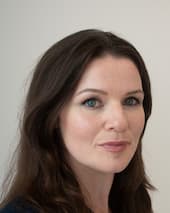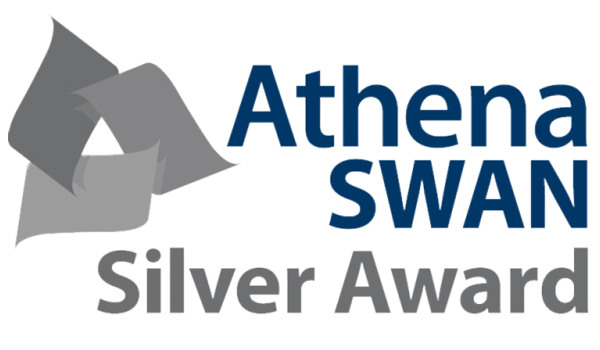This PhD is supported by internationally recognised academics in the field of organisational health and well-being.
The team boasts expertise and interest in a range of topics, including:
- Sustainable work: Promoting healthy working lives
- Creating healthy work environments
- Mental health and well-being in the future of work
- Psychosocial risk management at work
- Occupational health, safety and well-being
- Stress, mental health and resilience at work
- Work, disability and long-term illness
- Women's reproductive health and work
- Workplace interventions development and evaluation
- Work and health regulation, policy and standards evaluation
- Physical activity and sedentary behaviour in staff
- International working and expatriate assignments
Members are a mixed methods research team and use quantitative and qualitative approaches to their research and consultancy in organisational settings and populations. Their research methods and approaches include policy analysis and evaluation methods, secondary analysis of data, interviews, focus groups, survey research, case studies, experiments, new scale/measurement development and validation, action research, trials, and process and implementation evaluations. They also specialise in the translation of research in policy and practice. To find out more about the team and the centre, please visit the Centre for Organisational Health and Well-Being (COHWB) - Lancaster University.
Current members of staff in the faculty include:






.jpg)




